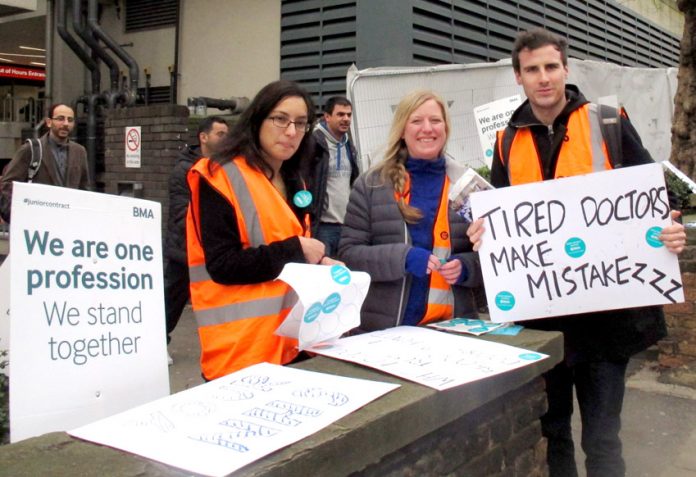
THE BMA has made a legal intervention to highlight the huge implications to doctors posed by the outcome of the Bawa-Garba case.
The ongoing two-day hearing will see lawyers argue that the High Court’s decision to remove Hadiza Bawa-Garba from the Medical Register, on the grounds of promoting and maintaining public confidence in the medical profession, was flawed.
Dr Bawa-Garba, a paediatrics trainee, was convicted of gross negligence manslaughter in 2015 and subsequently given a 12-month suspension by the MPTS (Medical Practitioners Tribunal Service), in June last year.
This decision was, however, appealed by the GMC and, following a judgment in the high court, Dr Bawa-Garba was removed from the register in January this year, a decision which prompted a huge outcry from the BMA and wider medical profession.
In a statement ahead of today’s hearing, the BMA said that the wider implications of the grounds on which the divisional court reached its decision, needed to be challenged. It says: ‘The BMA was granted permission by Lord Justice Singh to put forward legal argument. This was in recognition of the fact that the BMA believes the decision by the divisional court that only by the erasure of Dr Bawa-Garba’s licence, could public confidence in the profession and in its professional standards be maintained, should be challenged.
‘The BMA’s intervention also focused on the extent to which fitness-to-practise tribunals are entitled to consider evidence which has already been considered by a jury, including evidence of systemic pressures and remediation. The BMA did not make submissions on the specific facts of Dr Bawa-Garba’s case. We now wait to hear the outcome of today’s appeal hearing.’
The High Court’s decision to remove Dr Bawa-Garba from the Medical Register was based on the need to promote and maintain public confidence in the medical profession, known as the public confidence criteria.
The association has previously warned in its response to the government’s rapid policy review of gross negligence manslaughter, that the public confidence criterion is subjective and that over-reliance on it risks doctors having to face ‘trial by media’.
The BMA has furthermore expressed concern that the High Court’s ruling could impair the MPTS’s ability to consider effectively facts and considerations of public confidence, in cases where a doctor has received a conviction.